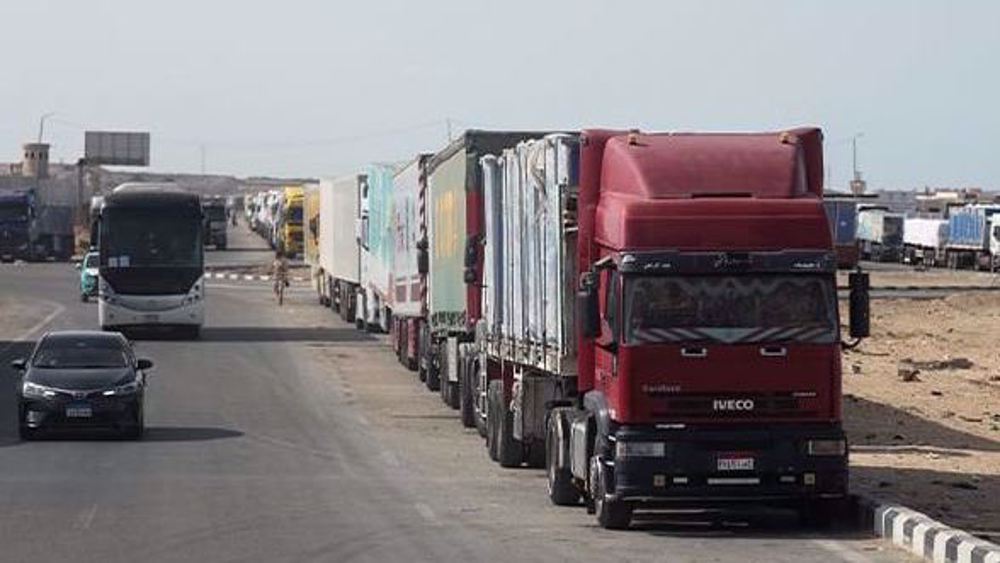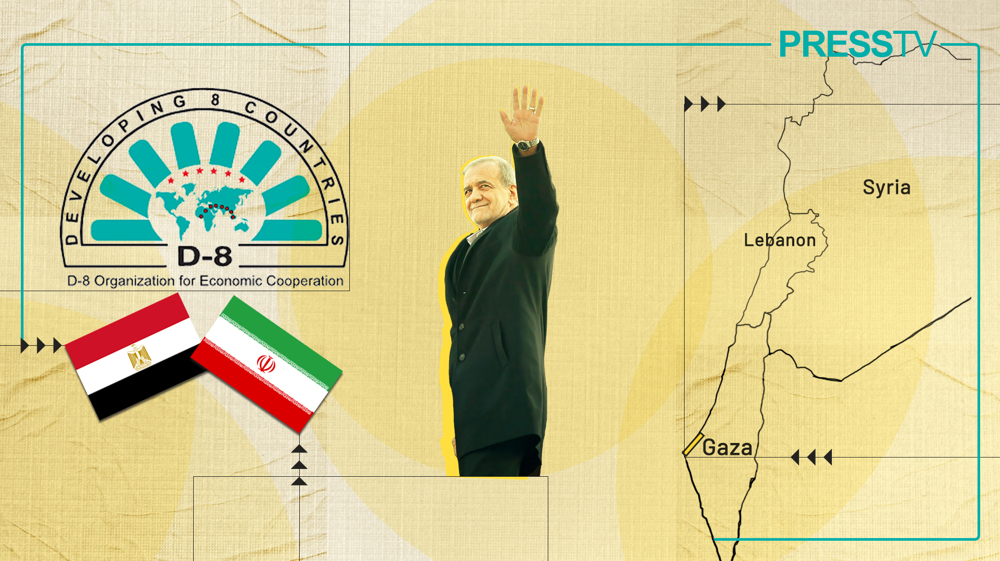Egypt government warns foreign journalists over election coverage
Egypt has warned foreign journalists about the consequences of the “non-professional” coverage of the presidential election in the North African country, where incumbent Abdel Fattah el-Sisi is headed toward a landslide victory in what has been effectively a one-man show.
Egyptian authorities said they would block news websites and give “a clear response” to foreign journalists who reported the election “in a non-professional manner.”
The authorities also said they were reviewing at least one publication for reporting alleged election irregularities.
“Any foreign article written in a non-professional manner regarding the presidential election will receive a direct and clear response,” said Mohammed Imam, the head of Egypt’s State Information Service, which is the country’s main public relations agency.
“If the writer is in Cairo, then they will be summoned, even if they are not a resident. A clarification will be sent to him or her regarding the information they published,” he added.
Official final results are expected on Monday.
The threat was met with strong opposition from the Committee to Protect Journalists (CPJ) — an independent non-profit, non-governmental organization that promotes press freedom and defends the rights of journalists around the world.
“Egyptian authorities must stop intimidating and punishing journalists who have simply done their jobs,” said CPJ Middle East and North Africa Coordinator Sherif Mansour. “If the government truly conducted free and fair elections, then it should welcome the scrutiny of the press, rather than trying to intimidate reporters.”
Some 23 million people of the 60-million registered voters in Egypt turned out during the three days of polling that ended on March 28.
Preliminary results announced a day later showed that Sisi had secured nearly 92 percent of the votes and had been re-elected for the presidency with a turnout of 40 percent.
Sisi’s sole challenger, Moussa Mostafa Moussa, was himself a vocal supporter of the incumbent. He garnered only three percent of the votes.
Opposition groups had called for a boycott of the election, which they regarded a sham.
In the months leading up to the vote, six presidential hopefuls either ended up behind bars or dropped out, citing obstacles to registering and harassment by state security services.
The 63-year-old Sisi came to power in 2014, a year after he led the military to oust Egypt’s first democratically-elected president, Mohamed Morsi, in a coup.
Morsi’s removal was followed by a deadly crackdown on dissent.
NATO chief: Europe ready to foot bill for US arms for Ukraine
VIDEO | Palestinian writer shares story of joy and pain after Israeli detention
Israeli troops carry out field executions, expel Jenin residents
Official: West's sanctions flagrantly infringe on rights of Iranians
VIDEO | Press TV's news headlines
Iran: US designation of Ansarullah 'excuse' for sanctions on Yemen
Flurry of resignations by Gaza war commanders further jolts Israel
VIDEO | Gaza people's resilience shatters Israeli regime’s plans for northern Gaza











 This makes it easy to access the Press TV website
This makes it easy to access the Press TV website